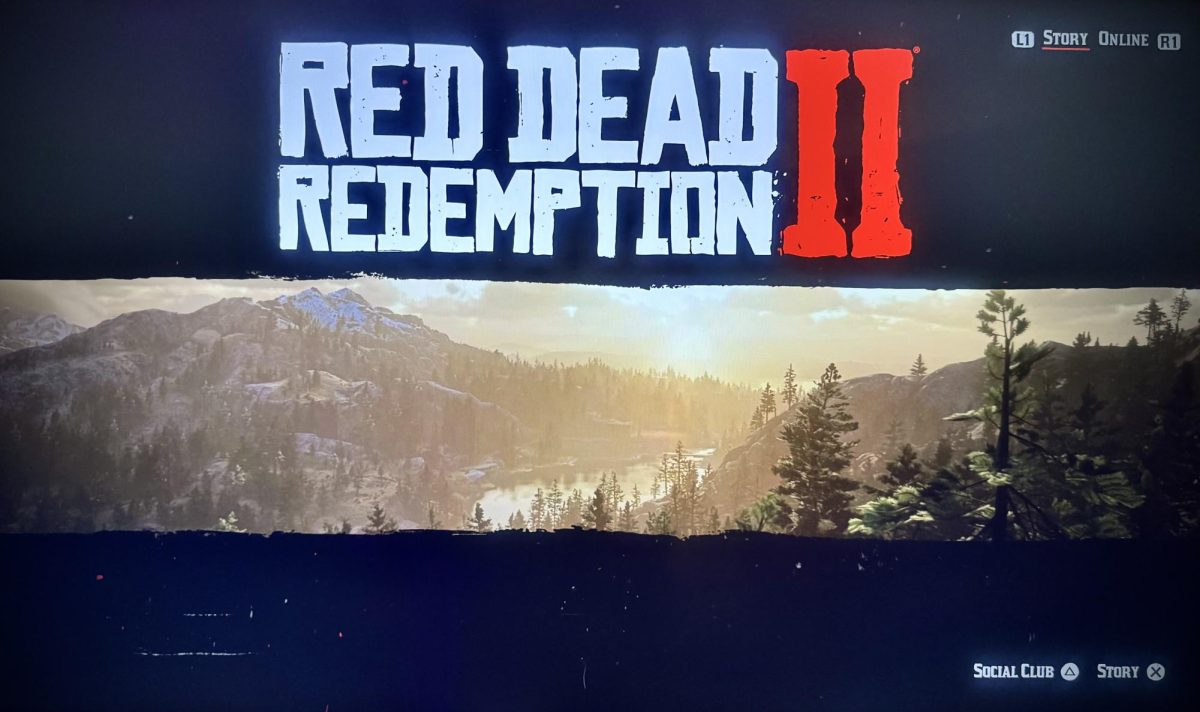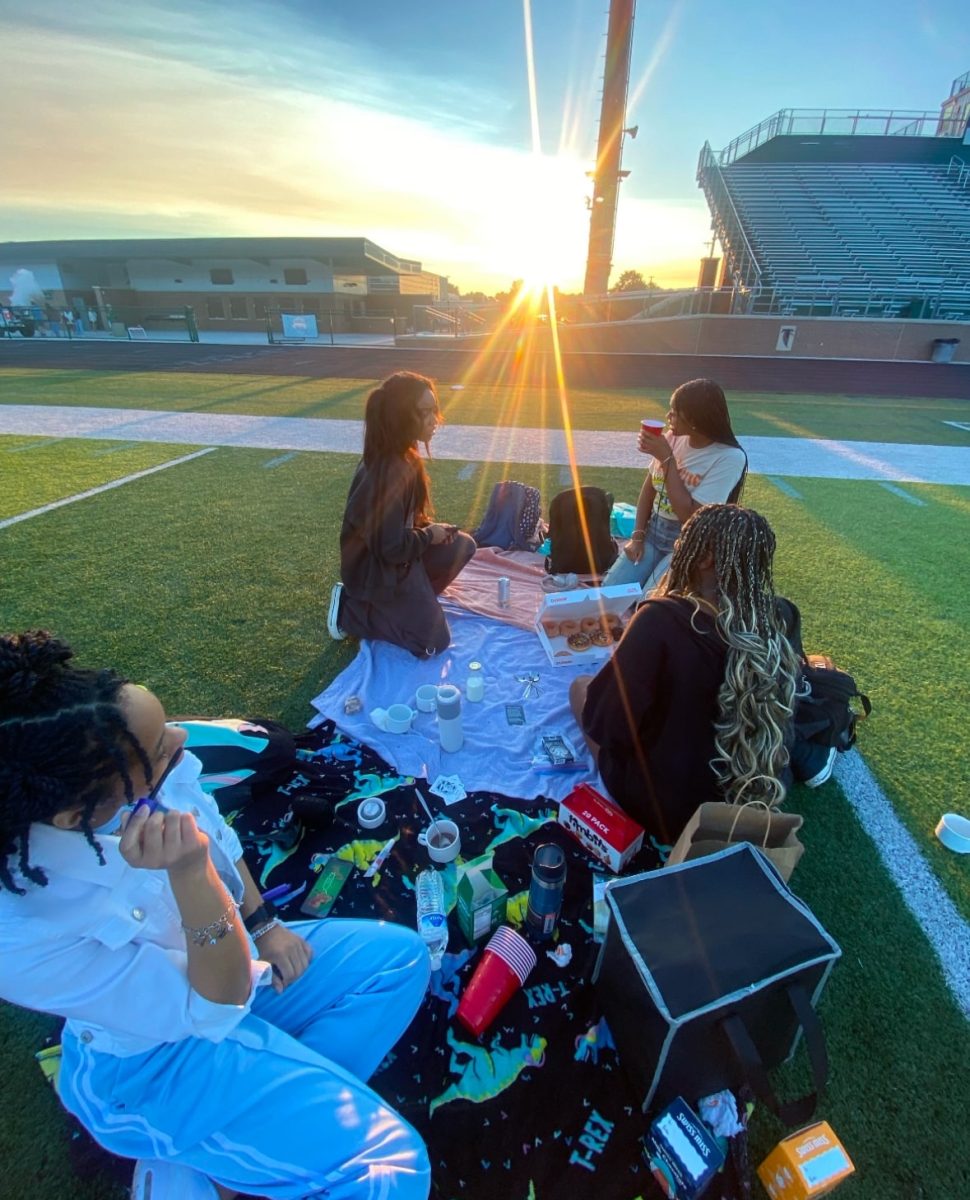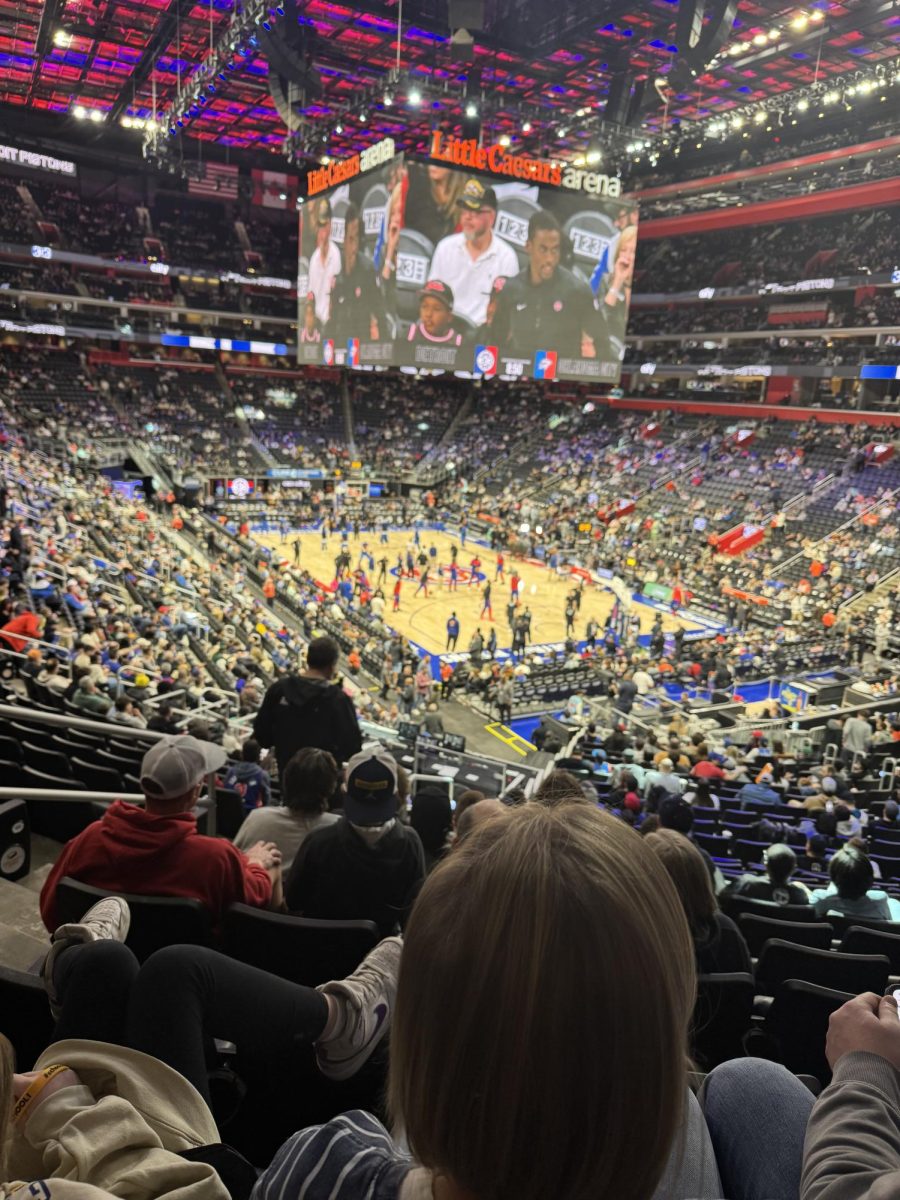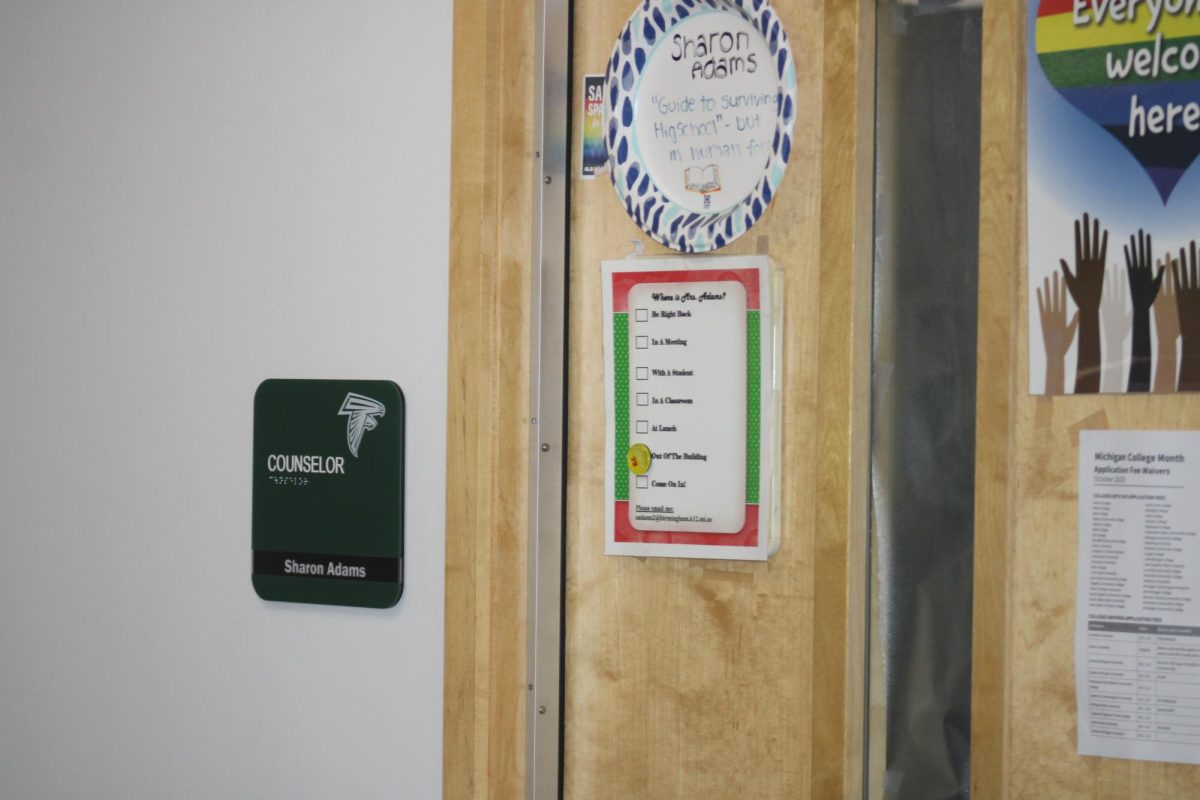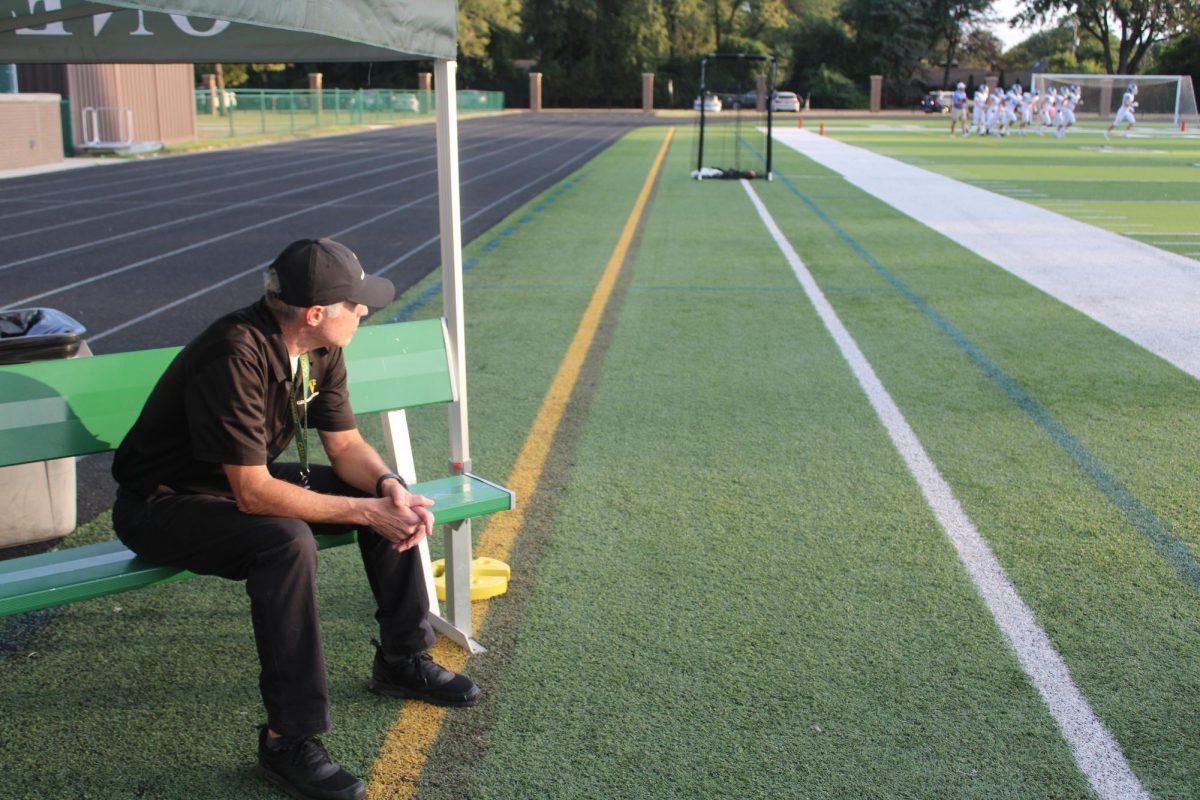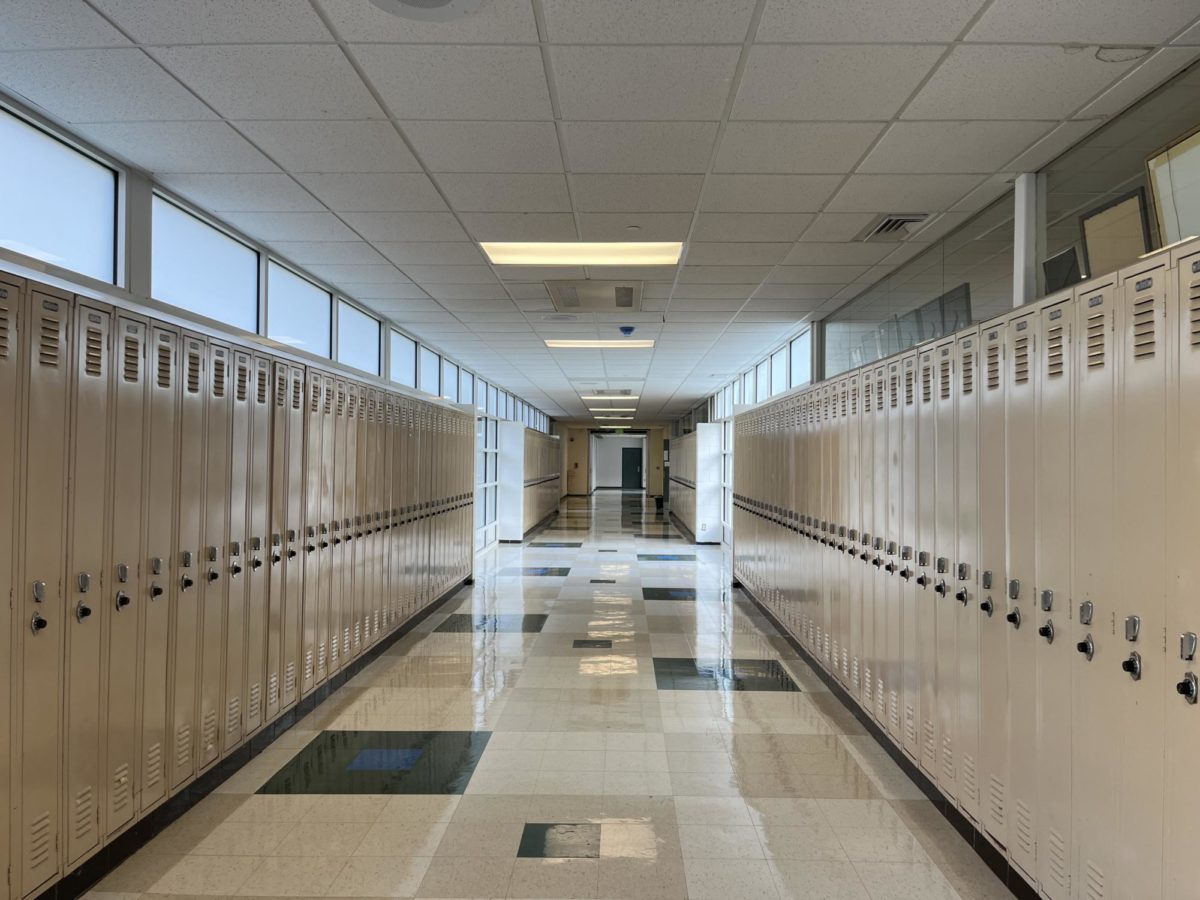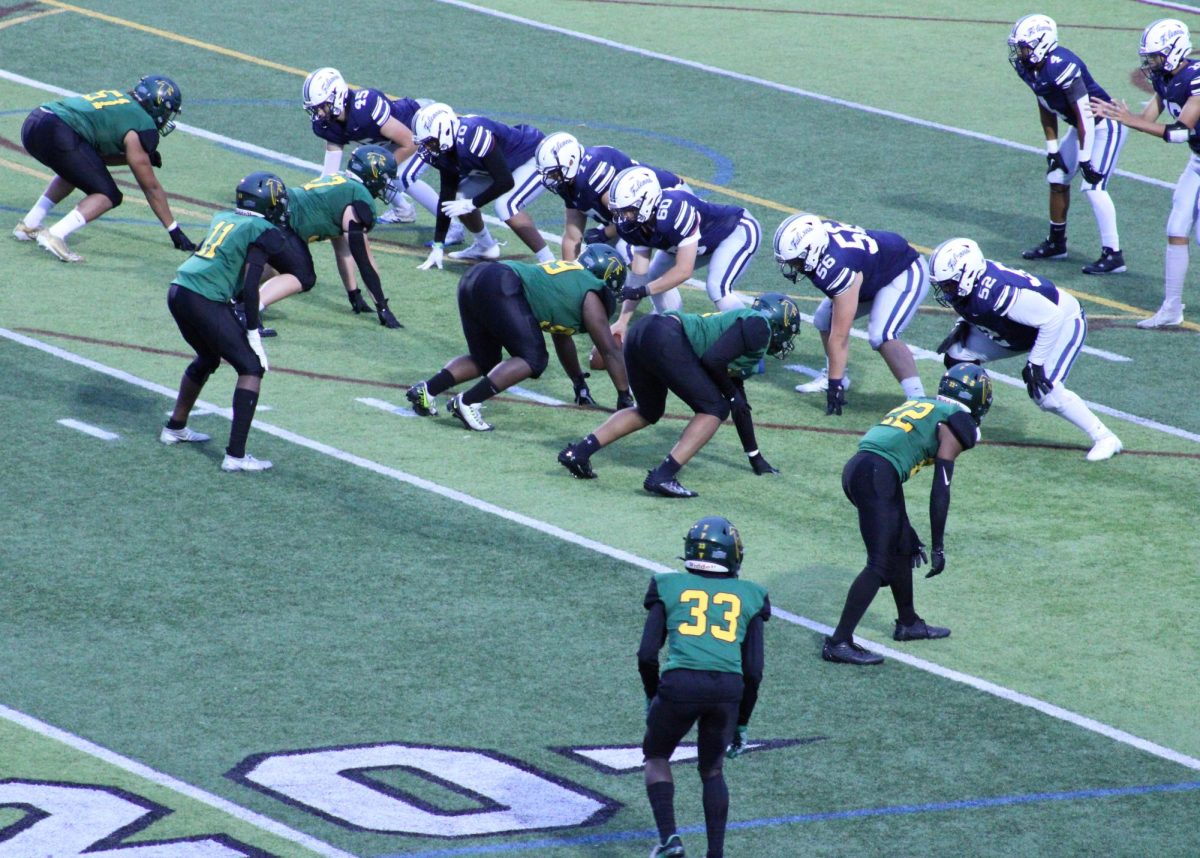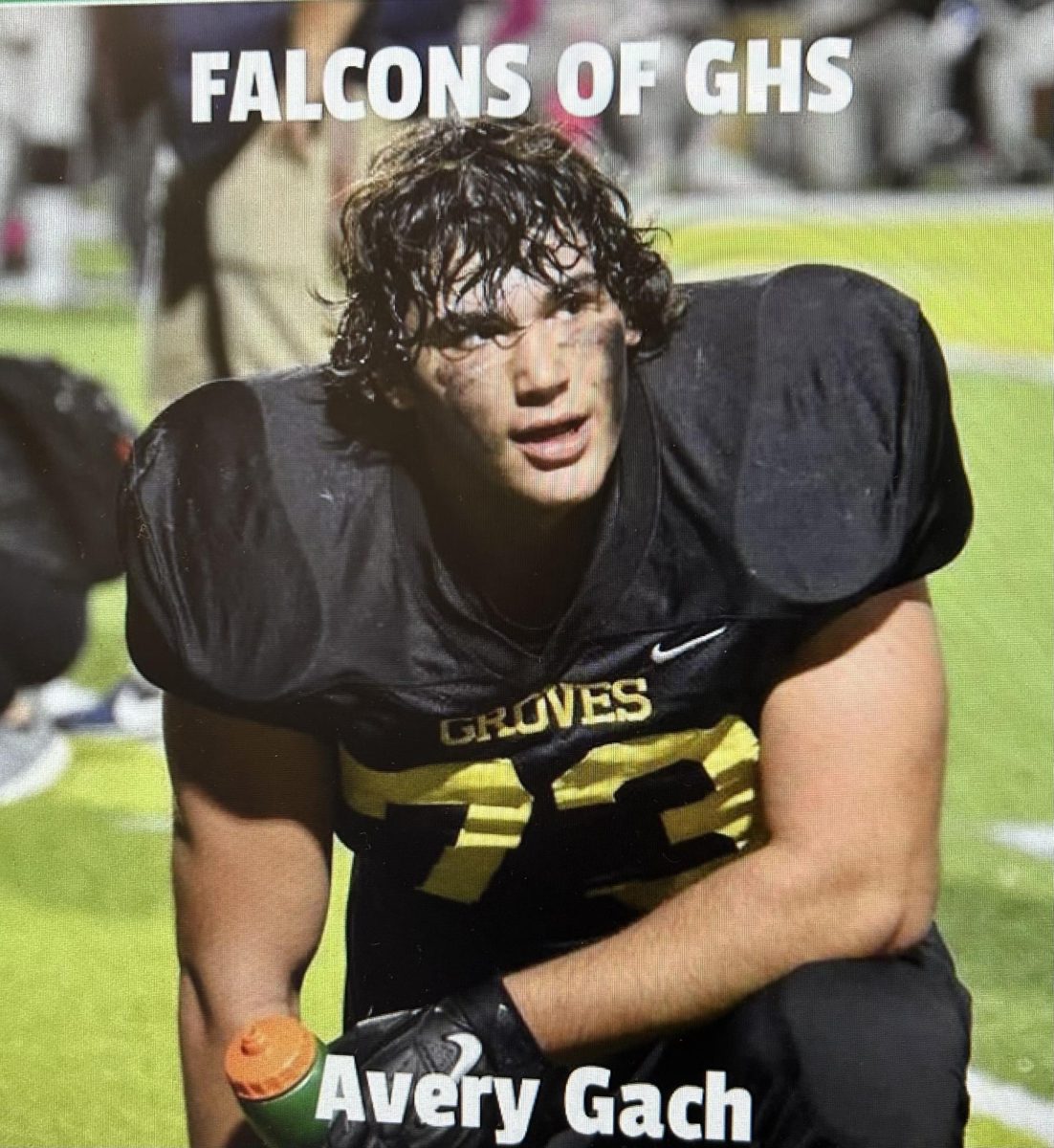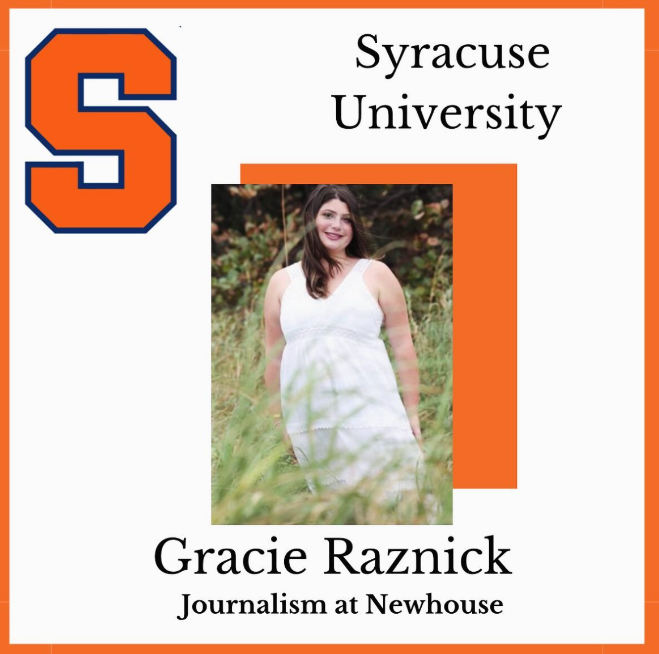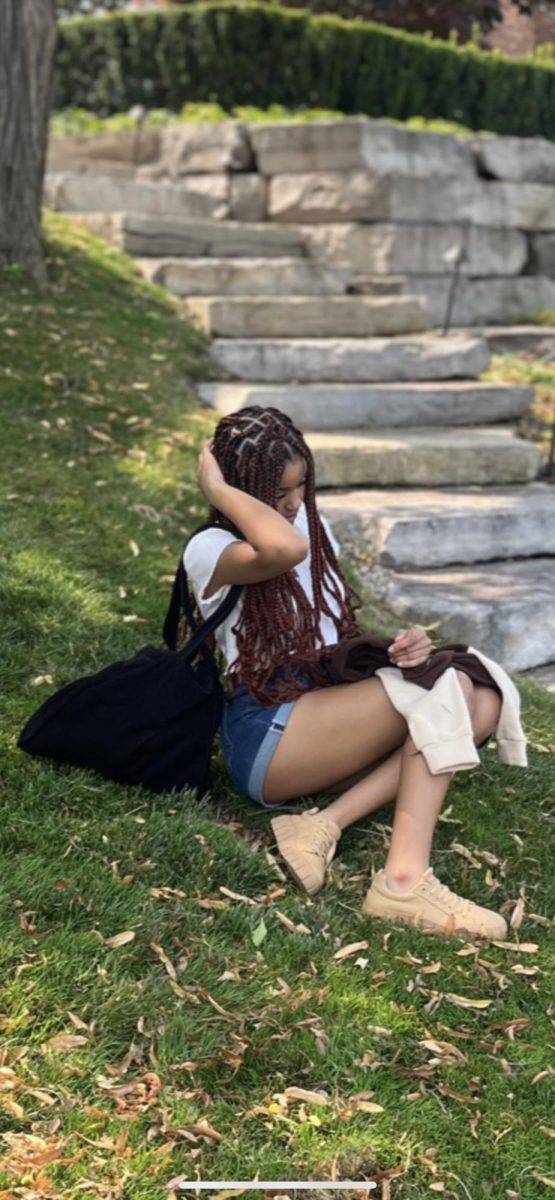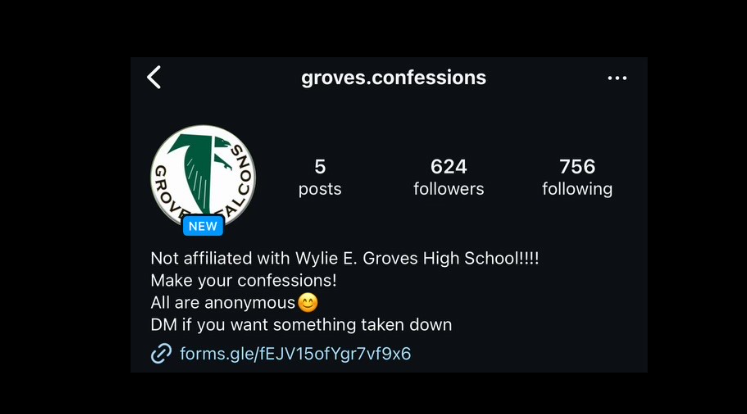Why aren’t other religious holidays included in winter break? Shouldn’t they be since the student body has Christmas off? The Scriptor Staff has uncovered the reason for this. The next question is what we as a school can do to accommodate the students whose holidays aren’t included in the break.
The major holidays during December, which we discussed with the school population and teachers, are Christmas, Hanukkah, Kwanzaa and Yule. The most popular holiday is Christmas, which is on December 25, nine months after Jesus’ believed birth. Next is Hanukkah, which celebrates a day’s worth of oil that miraculously lasted eight days on the 25 of Kislev (the 9th month of the Hebrew calendar). Kwanzaa is the only non-religious December holiday we discussed— it was created in 1966 by Maulana Ron Karenga, who based it on West African harvest festivals and focuses on improving the community while honoring your ancestors. Finally, Yule is celebrated from December 21 to 22 in the Northern Hemisphere, since December 21 is the shortest day of the winter solstice.
A key question we asked was how students and teachers felt about our time off. We started by taking a poll of Groves students asking which holiday(s) they celebrate and their opinions. The data collected from students shows that most students celebrate Christmas (81% of those polled), but 84% of the students surveyed thought taking time off for other religious holidays would be a good idea. When students were asked how they celebrate their holidays without time off, many cram time in after school, skip or reschedule. Others said it would be easier to enjoy and prepare for the holidays with time off.
One concern a student raised was “I get an excused absence from school, however, the junior SAT is on the same day as my religious holiday, Eid.” Eid is a sacred holiday in the Muslim religion. After the fast of Ramadan, families exchange gifts, have a plentiful meal and give away to charity. Thankfully, when asked if students received less amount of work during the holidays they don’t have time off for, 70% answered yes. However, the 30% of students who do struggle with this mention getting less sleep and feeling discouraged.
Other districts recognize non-Christian holidays, yet Birmingham does not. We discovered that both Bloomfield Hills and Berkley allow Jewish holidays off of school for observation. Dr. Susan Smith, who attended Groves herself, recalls a multicultural experience from her time as a student.
“Where I got cultural experience was celebrating important Jewish holidays during the fall, and when I went [to Groves], we did not have school on Yom Kippur or Rosh Hashanah…I could go to celebrations with my Jewish friends because we didn’t have school, so hopefully one day our district gets back to that,” Smith said.
Dr. Smith said giving days off for holidays other than Christian ones allows students to observe their religious holidays without worrying about school work and educates students about customs other than their own. It creates a connection between cultures and provides more of the inclusive, diverse community Groves prides itself on.
In relation to the December holidays, there would need to be a balance. Teacher Joe Rusek and other sources within the Groves community recognize the scheduling dilemma.
“I know logistically it’s difficult from a calendar perspective to get all the days, but I recognize that when you look at our breaks, they are set up more towards the Christian holidays,” Rusek said.
While this is an issue, it’s a solvable one. It’s unfair to push aside non-Christian Holidays and overlook the overworked students missing school or needing to work through their holiday due to school being in session. Teacher Cynthia Sherman describes it as a math equation.
“If we take an extra week in December, then we wouldn’t have the luxury of being out on June 7th, then we would add a week because we have to make sure we do our 180 days the state requires…I would rather add it to the beginning of the year in August because I think towards the end people are ready for a little bit of schedule and ready to start rolling,” Sherman said.
Are you willing to give your time for the sake of inclusivity? We are. Regarding our poll information and interviews, most students and teachers believed we should have more time off for non-Christian holidays in December. This made us question why we don’t have other holidays off throughout the year. Our schedule seems to be centered around Christian holidays and it isn’t inclusive to other religions. Many students celebrate Ramadan, a Muslim holiday in which students fast. Not being able to eat food and or drink water during the school day can be detrimental to focusing in class. As some of the teachers suggested, Groves could accommodate all students by having longer weekends when there is a holiday; even if it means going later into June in the summer. It would benefit the families of the Birmingham community.





